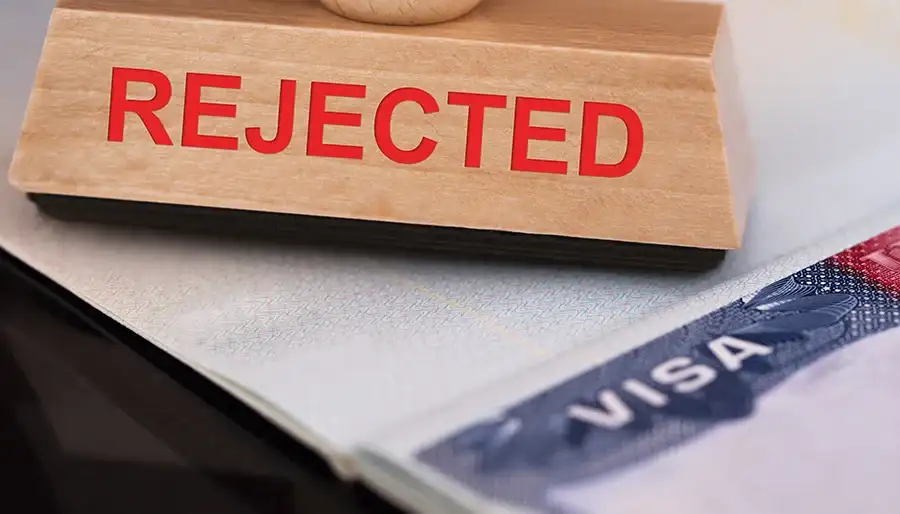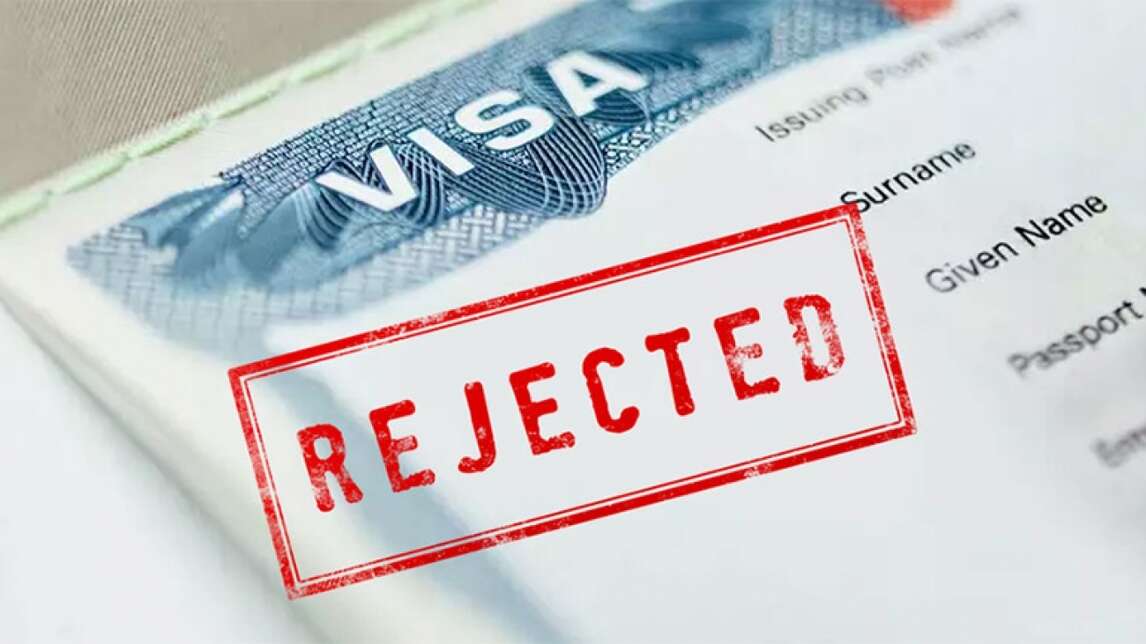Receiving a visa rejection can be frustrating, especially if you have planned your trip, business visit, or studies in advance. However, a rejection does not necessarily mean the end of your journey. In many cases, you can appeal the decision or reapply with stronger documentation.
This guide will walk you through the appeal process, reasons for visa rejection, and tips to avoid mistakes when applying for a Vietnam visa for Indian citizens or urgent options like a same day Vietnam visa.
Contents
Understanding Why Your Visa Was Rejected
Common Reasons for Visa Rejection
Before appealing, it is essential to understand why your visa application was denied. Some common reasons include:
- Incomplete or incorrect documentation – Missing required documents or errors in the application form.
- Insufficient financial proof – Failure to show adequate funds to support your stay.
- Inconsistent travel history – Previous overstays or suspicious travel patterns.
- Lack of clear purpose – Unclear travel intentions or weak supporting documents.
- Issues with sponsorship – Problems with the inviting organization or individual in Vietnam.
Once you receive a visa rejection notice, carefully review the reason stated in the rejection letter before taking the next step.

What are the common reasons for visa rejection
Step-by-Step Guide to Appealing a Visa Rejection
Step 1: Review the Rejection Letter
The first step is to carefully examine the rejection letter issued by the embassy or immigration authority. This letter typically outlines the specific reasons for the rejection and whether an appeal is allowed.
Some rejections are final, meaning you may need to reapply instead of appealing. If an appeal is possible, follow the instructions provided by the embassy.
Step 2: Gather Supporting Documents
If your visa rejection was due to missing or weak documents, you should collect additional evidence before submitting an appeal. Some key documents that may strengthen your case include:
- Proof of financial stability – Bank statements, tax returns, or employment verification letters.
- Clarification letters – A detailed letter explaining the purpose of your visit and addressing the rejection reason.
- Corrected application forms – If errors were made in your initial submission, ensure all forms are filled out accurately.
- Sponsorship confirmation – If applying for a Vietnam visa for Indian citizens under sponsorship, obtain an official letter from the host in Vietnam.
Step 3: Write a Visa Appeal Letter
A visa appeal letter is a formal request asking the immigration authority to reconsider your application. It should include:
- Your full name, passport number, and contact details.
- A reference to the visa rejection letter and reason for denial.
- A clear explanation of why you believe the decision should be reconsidered.
- Supporting evidence that addresses the concerns raised in the rejection.
Step 4: Submit the Appeal
Once you have prepared all necessary documents, submit your visa appeal to the relevant embassy, consulate, or immigration department. Some embassies require appeals to be submitted in person, while others allow submission via email or post.
Processing times for appeals vary but usually take 2-4 weeks. If you need urgent approval, consider discussing expedited processing with the authorities.

Visa rejections: Common reasons and how to avoid them
Alternative Options: Reapplying After a Rejection
When Should You Reapply Instead of Appealing?
In some cases, it may be more efficient to submit a new visa application rather than appealing. This is especially true if:
- The rejection was due to minor mistakes in the application form.
- Your financial proof or sponsorship details were incomplete.
- The appeal process takes too long, and you need urgent travel approval.
For travelers who require immediate entry into Vietnam, a same day Vietnam visa may be an alternative. However, this option is usually available only for certain visa types, such as tourist and business visas.
How to Reapply Successfully
If you decide to reapply, ensure that you:
- Correct all previous mistakes in your application.
- Provide stronger supporting documents to address the initial rejection reason.
- Follow the official visa guidelines to avoid another denial.
When reapplying for a Vietnam visa for Indian citizens, consider using a trusted visa service or consulting the Vietnamese embassy for assistance.
Tips to Avoid Visa Rejection in the Future
Ensure Accuracy in Your Application
One of the most common reasons for a visa rejection is incorrect or incomplete information. Always double-check your details, ensuring that names, passport numbers, and travel dates match across all documents.
Provide Strong Financial Proof
Many visa applications require evidence that you have sufficient funds for your stay. Submitting detailed bank statements, income verification and travel insurance can strengthen your application.
Choose the Right Visa Type
Applying for the wrong visa category can lead to rejection. If you plan to travel for tourism, business, or family visits, ensure you select the correct visa type. If you need urgent processing, check whether a same day Vietnam visa is an option for your situation.
Demonstrate Clear Travel Intentions
If your visa application lacks clarity on why you are visiting, it may raise concerns. Providing a detailed itinerary, hotel bookings, and a return ticket can help demonstrate that your visit is legitimate.
Consult Visa Experts if Needed
If you are unsure about the process, consider seeking help from a professional visa consultant. This is particularly useful for travelers applying for a Vietnam visa for Indian citizens, as visa requirements may differ based on nationality.

Visa rejection is quite frustrating
Conclusion
A visa rejection is not the end of your journey. By carefully reviewing the reasons for denial, gathering strong supporting documents, and submitting a well-prepared appeal, you can increase your chances of success.
If an appeal is not possible or takes too long, reapplying with a corrected application may be the best option. For travelers needing urgent approval, a same day Vietnam visa might be a solution, depending on eligibility.
By following proper guidelines and avoiding common mistakes, you can successfully secure a Vietnam visa and continue your travel plans without unnecessary delays.



